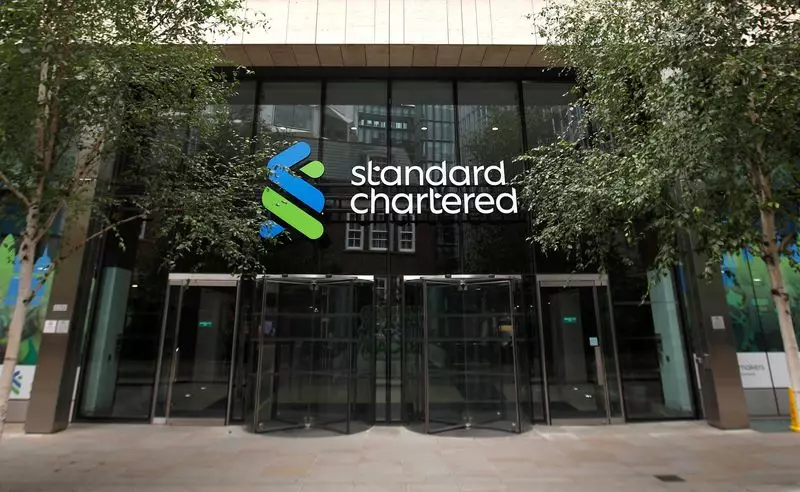In a significant regulatory move, Zambia’s Securities and Exchange Commission (SEC) has imposed sanctions on Standard Chartered Bank for mishandling the sale of bonds linked to a troubled Chinese property developer. This development sheds light on the ongoing challenges within Zambia’s financial sector, particularly as global economic conditions and localized market dynamics continue to create vulnerabilities in investment strategies. The bank’s alleged missteps came to light during an extensive investigation that uncovered several fundamental issues in how the bonds were marketed and sold to local clients.
The bonds, issued by Sino-Ocean, a state-backed real estate firm from China, were sold during a period of uncertainty in the Asian real estate market. The timing and lack of transparency surrounding the sale raised alarm bells. The SEC’s findings suggest that the financial institution not only neglected to disclose vital information to the investors but also engaged in practices that shifted the financial burden of risk entirely onto the clients, violating regulatory safeguards designed to protect investors.
A Regulatory Environment in Flux
Standard Chartered’s recent troubles reflect the broader challenges faced by financial institutions operating in Africa. As the SEC launched its investigation in April, the necessity for stronger regulatory oversight became clear, especially amidst a backdrop of global financial instability. The bank’s actions—specifically, the assertion of exclusionary clauses in contracts—contradict Zambia’s securities regulations, which are intended to create a balanced and fair market for investors.
The SEC has the authority to enforce penalties, including fines and censure, although it lacks the power to mandate restitution for affected clients. This limitation poses a significant challenge for investor protection in Zambia, and it has raised questions about whether current regulatory frameworks are robust enough to prevent similar misconduct in the future.
Standard Chartered’s Response and the Implications for Investors
In response to these findings, Standard Chartered expressed its intention to appeal the SEC’s ruling while affirming its commitment to adhering to local regulations. This defensive stance, coupled with the bank’s strategic decision to divest from its wealth and retail operations in Zambia, suggests that the institution is seeking to distance itself from potential liabilities arising from its recent actions.
Although it has operated in Zambia for nearly 120 years, the bank’s management appears to be adjusting its strategy in light of external pressures, including market volatility and changing regulatory expectations. As the global banking sector shifts its focus, the implications for Zambian investors could be profound, indicating a potential reticence from international banks to engage in emerging markets.
The situation surrounding Standard Chartered underscores the urgent need for regulatory bodies in Zambia to bolster their frameworks and enhance their oversight capabilities. Investors must remain vigilant and critically assess the institutions they engage with, as mis-selling and lack of transparency threaten to undermine public confidence in the financial system. As the landscape evolves, establishing clear ethical guidelines and rigorous compliance measures will be pivotal in safeguarding investor interests and fostering a sustainable investment climate in Zambia.

